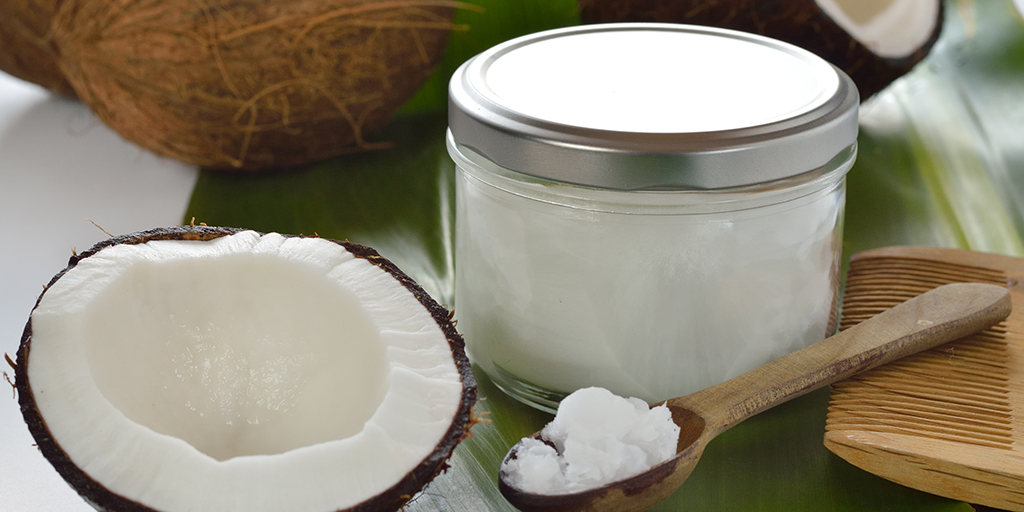Coconut Oil: Healthy or Unhealthy?

Find Your Perfect Match
Answer a few questions and we'll provide you with a list of primary care providers that best fit your needs.
What’s to be made of the American Heart Association’s (AHA) recent Presidential Advisory that saturated fat — coconut oil, in particular — raises your risk of heart disease? The advisory, published online in Circulation, received widespread media attention.
In response, many weighed in across the internet. Some supported the AHA findings. Others claimed the AHA gave coconut oil a bad rap.
To learn more, Premier Health Now checked in with cardiologist Mukul Chandra, MD, Director of Preventive Cardiology, Miami Valley Hospital.
He told us, “What we know for sure is that cholesterol and heart disease have a strong association, and cholesterol has a connection to diet.
“The more important message,” he adds, “is that saturated fats are bad for the heart.” They raise the level of “bad” cholesterol (LDL or low-density lipoprotein cholesterol), which is associated with increased risk of heart disease. Particularly when eaten in excess of recommended levels — that is, more than 5 to 6 percent of total daily calories. (That’s about 11 to 13 grams of saturated fat if you eat 2,000 total calories a day.)
It’s easier to exceed that limit with coconut oil than other saturated fats. Saturated fat accounts for 82 percent of the fat in coconut oil, compared to 63 percent in butter, 50 percent in beef fat and 39 percent in pork lard. Olive oil and Canola oil have less than 15% saturated fat.
The Good Fats and News
“What is equally important is that there are very good dietary fats — mono- and polyunsaturated fats,” Dr. Chandra advised. Monounsaturated fats include olive and avocado oils, and polyunsaturated fats include canola, peanut, corn oil and soybean oils.
And here’s Dr. Chandra’s clincher: “Switching from saturated fats to mono- and polyunsaturated fats in your diet can lower LDL cholesterol and the risk of heart disease by as much as 30 percent. That’s the same benefit of taking statins” — that is, a type of medicine commonly prescribed to lower cholesterol and risk of blocked arteries and heart attacks.
“People who eat low saturated fats are eating a lot of junk food carbohydrates. Trading bad fat for bad carbs doesn’t reduce cardiovascular disease,” Dr. Chandra says. “You wouldn’t tell people, ‘Hey, reduce your saturated fat and replace it with sugary soft drinks or donuts and refined carbohydrates like white bread and pasta.’ You’d tell them to replace it with unsaturated oils, whole wheat bread, grains, vegetables, nuts or beans.”
Find Your Perfect Match
Answer a few questions and we'll provide you with a list of primary care providers that best fit your needs.
Mukul Chandra, MD, Miami Valley Cardiologists; American Heart Association




